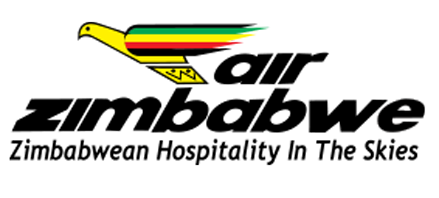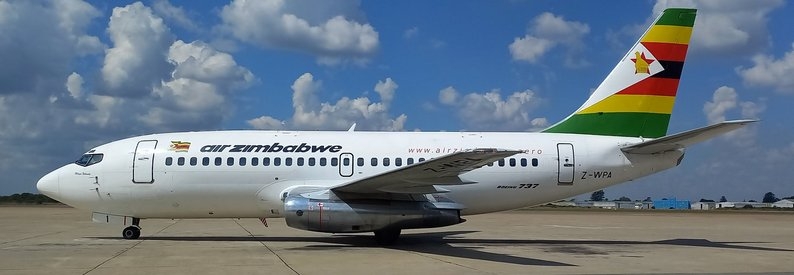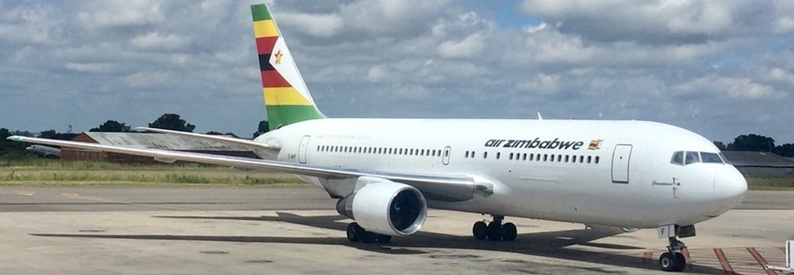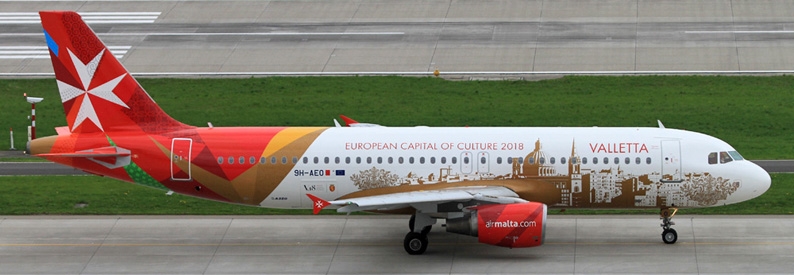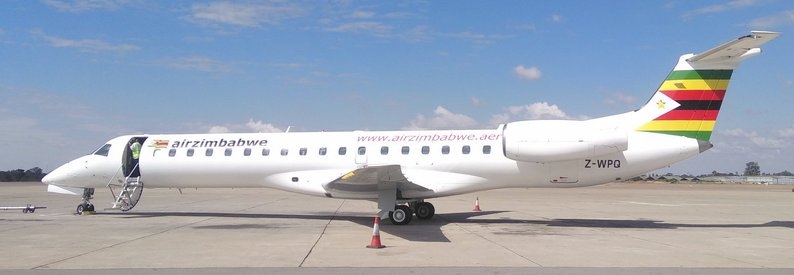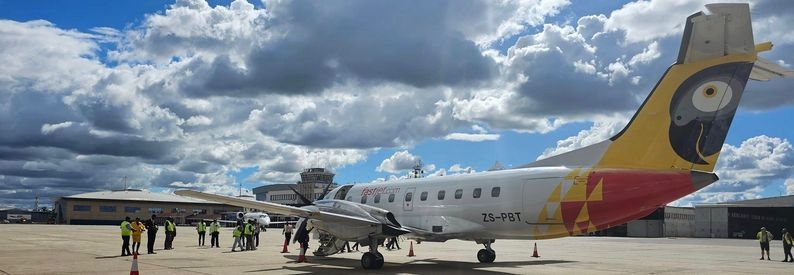The new management tasked with overseeing the turnaround and possible privatization of moribund Air Zimbabwe (UM, Harare International) has issued two Requests For Proposals (RFP) in a bid to test investor interest in the decrepit airline and its idle assets.
Caretaker administrators Grant Thornton Chartered Accountants said in an RFP that prospective investors should pay a USD20,000 non-refundable fee and sign "a non-disclosure agreement prior to receiving the information memorandum and other relevant documentation."
A spokesman for the firm has since told ch-aviation that would-be buyers for Air Zimbabwe have the option of acquiring 100% control of its shareholding.
"Interested investors are expected to indicate the percentage shareholding they would be comfortable taking up. There is flexibility on this aspect," he said.
Similarly, Air Zimbabwe's Procurement Management Unit has demanded a non-refundable fee of USD1,000 from prospective clients interested in wet-leasing one of its B767-200(ER)s.
Proposals are due by November 23 and 19 respectively.
Air Zimbabwe is one of 41 Zimbabwean state-owned enterprises that have been targetted for restructuring. Of that figure, 12 will be listed on the Zimbabwe Stock Exchange, 13 will be privatized, and three will be partially privatized including the Civil Aviation Authority of Zimbabwe whose regulatory and commercial roles will be separated. Others will either be closed, merged, or integrated into their respective line ministries.
Government is eager to remove the Air Zimbabwe problem from its hands given the hefty USD300+ million debt pile it currently sits on, the bulk of which was accrued during the hyperinflationary Zimbabwe Dollar era.
In an effort to avoid repeating past mistakes wherein locals exploited the state's insistence that the airline use the official ZWD/USD rate, as opposed to the more realistic black market rate, to buy heavily discounted tickets, the Zimbabwean government has now moved to bar people from making locally-ticketed reservations for travel that originates and terminates abroad.
Minister for Transport and Infrastructural Development, Joel Biggie Matiza, was quoted by NewsDay in Bulawayo last week as saying that Zimbabweans living in the diaspora would soon have pay for Air Zimbabwe's services in United States dollars as opposed to the local quasi-currency of RTGS dollars.
"So (in) that area, definitely, it was agreed by Cabinet that it must be switched off. If you are coming from another country and you source any currency where you are working or whatever, you need to pay in US dollars," he said.
